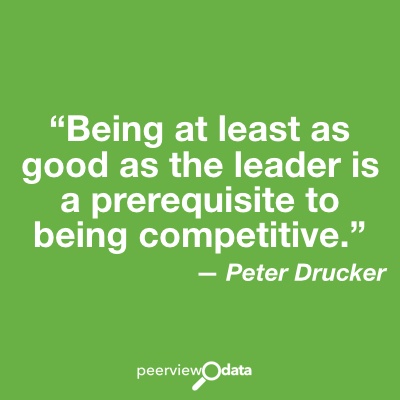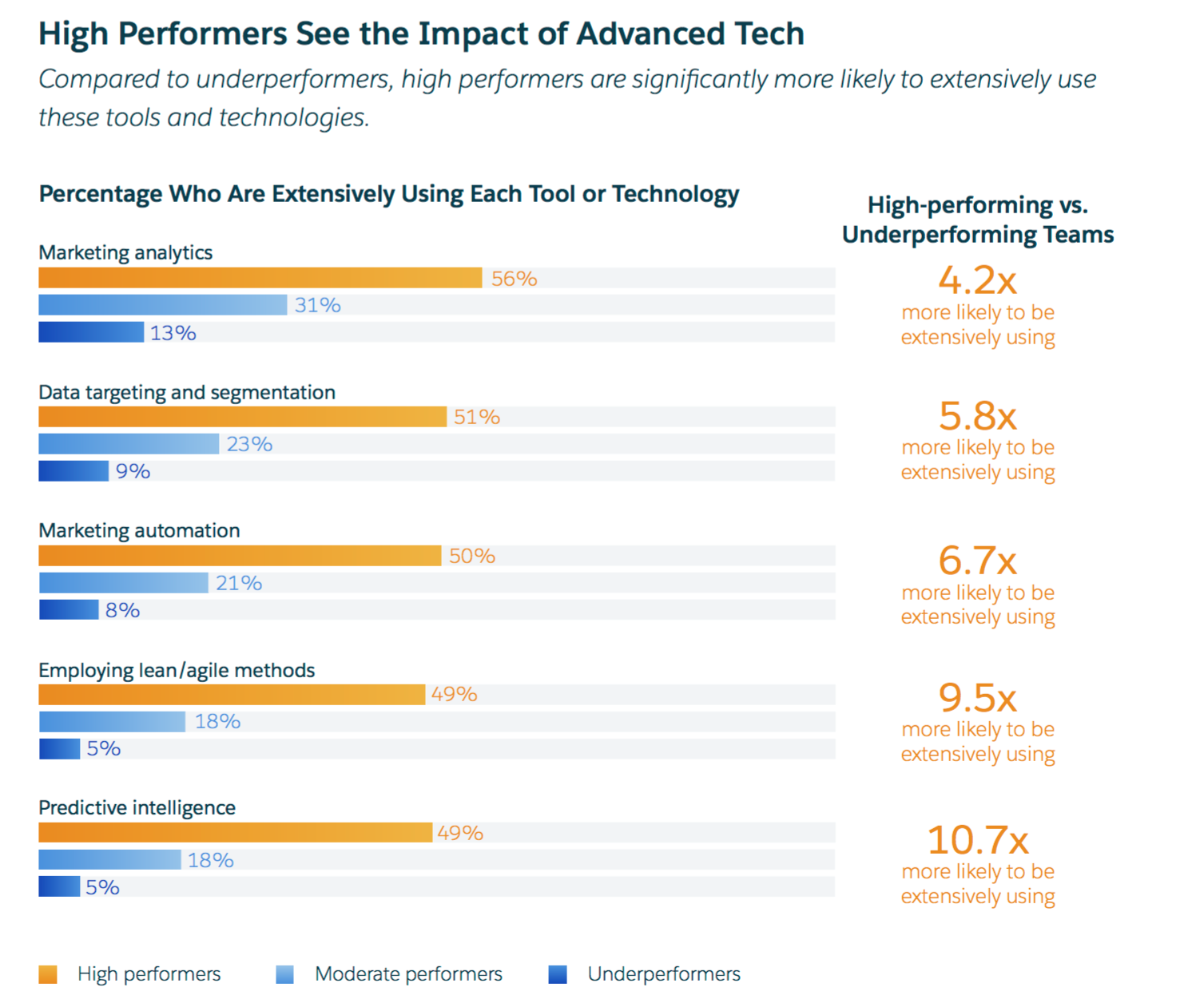Will your company still be in business a few years from now?
Start-ups aside, most business owners and executives will answer "yes" and then chalk it up to strong growth, good margins, talented leadership, dedicated employees, the fact that the company's been in business for decades, etc.
All of which may be true.
Unfortunately, all those assumptions are grounded in the belief that momentum and trajectory are fixed — not 100%, because any company can stumble, but enough such that the average company can expect to do as well tomorrow as it's doing today as long as it just keeps doing what it's doing.
Maybe once upon a time that was the case, but not now.
The new reality is this: there isn't an industry anywhere that's more than one Silicon Valley surprise away from being disrupted.
Think Uber.
Think Netflix.
Think Tesla.
Think Airbnb.
Think Zenefits. (Pre-scandal.)
And then think about an upstart within your industry that's just about to launch with some product, service or approach that you dismissed as unworkable, delayed as impractical or just didn't think of yet.
How do you compete against an unknown like that?
You don't, not until it happens — but you do prepare for it by focusing on two things:
- Strength
- Flexibility
Most disruptions don't render entire industries obsolete overnight; introducing something new and convincing customers to adopt it takes time.











